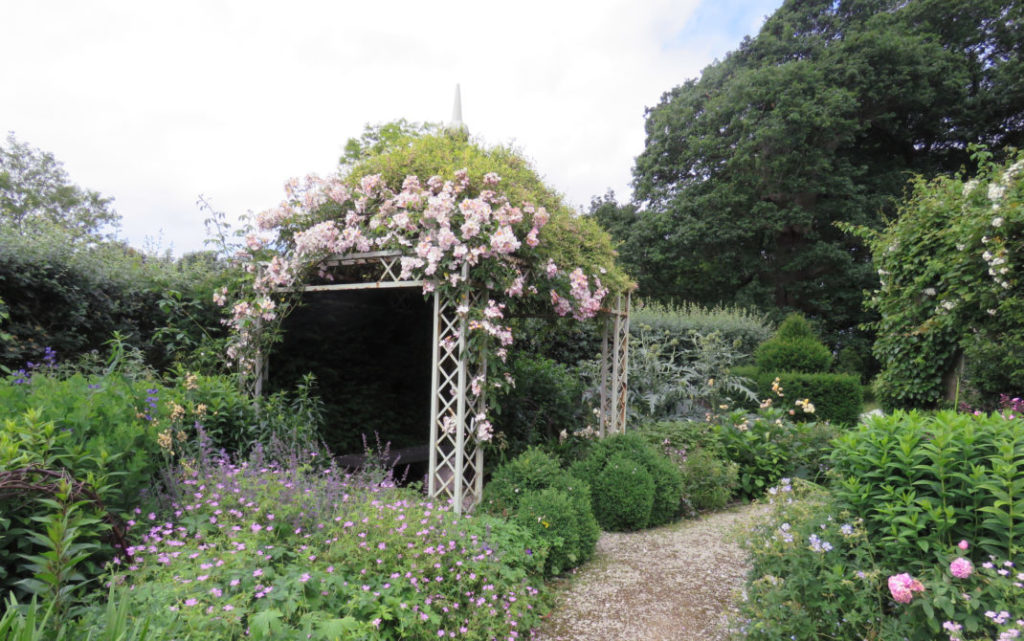Famous Gardens in Romantic Fiction, by Freelance writer Jane Sandwood

Gardens have been used to great effect in classic literature, whether it be for symbolic reference, to help set the right mood, or as a device for plot and character development. They can be both enchanting and atmospheric, or even provide a portal to another world. Many artists and writers are aware of the great significance that gardens can hold, and as the reader, we take great pleasure in appreciating the different ways in which gardens are used to tell a story.
Jane Austen ‘Pride and Prejudice’ (1813)
“It has been coming on so gradually, that I hardly know when it began. But I believe I must date it from my first seeing his beautiful grounds at Pemberley.”
Gardens are a popular feature of historical novels. This was due to the division of space during those times, with the public sphere reserved primarily for men to discuss business and politics whereas the domestic space was a more feminine one. In this environment, gardens were seen as a neutral space where men and women could interact with one another as equals.
In the novel, Pride and Prejudice, the heroine, Elizabeth Bennet, connects with her true feelings for Mr. Darcy upon visiting his manor while he is out of town. Her appreciation for the gardens at Pemberely is mentioned in the novel as she pensively strolls through taking notice of how well-maintaned they are with their pretty flowerbeds and attractive garden ornaments.
Virginia Wolf ‘Kew Gardens’ (1919)
“She stood there letting the words fall over her, swaying the top part of her body slowly backwards and forwards, looking at the flowers”
This short story centres around observing four couples as they pass a flowerbed during the summer at Kew Gardens in London. In this story, the garden creates the ideal setting to unravel the stories of the couples who are all of different ages and walks of life. One interpretation would be that she chose this backdrop for her story due to the timeless quality of nature, to emphasize the past, present and future timelines of all the characters.
William Shakespeare ‘A Midsummer Night’s Dream’ (1605)
“what angel wakes me from my flowery bed”
Flowers hold great significance in this story, as they have great influence and control of how people feel and act. Titiana is put to sleep by the potent perfume of summer flowers, which put a spell on her while she sleeps that will make her fall in love with the first man she sees. In this narrative, flower gardens are magical places and it reminds us of how evocative and intoxicating it can be walking through a flower garden on a summer evening.
Oscar Wilde ‘The Importance of Being Earnest’ (1895)
“Oh, flowers are as common here, Miss Fairfax, as people are in London.”
In Oscar Wilde’s most famous play, the garden is a place of escape, privacy, and refuge, and for this reason, it features as the setting for many of the plays most romantic scenes. The pleasure that Cecily takes in escaping to the garden to let her mind wander and tend to her flowers highlights to the reader the simplicity and pleasure of spending time in the garden.
